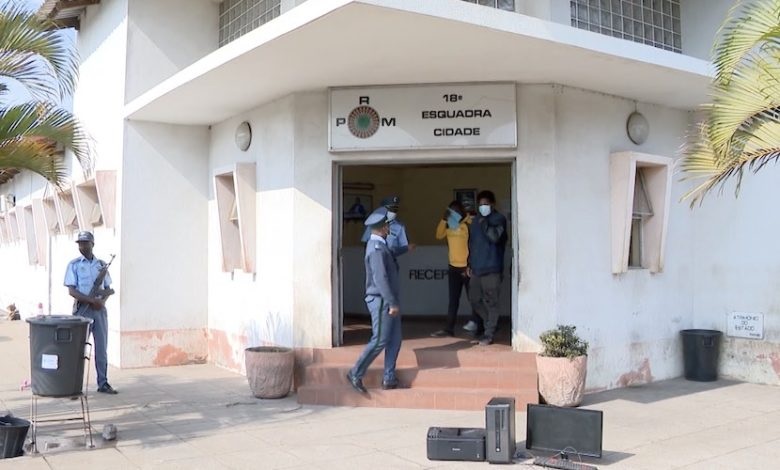Mozambique: Former Plexus Cotton assets to be sold privately as no bidders at auction
Mozambique streamlines notarial processes

FILE - For illustration purposes only.Under this new framework, the police will undertake simpler notarial acts such as signature verifications on applications and authentication of photocopies of identification documents. [File photo: Domingo]
In a move towards enhancing efficiency and reducing bureaucratic hurdles, Mozambique has taken a significant step by simplifying its notarial procedures through Ministerial Decree.
This groundbreaking change, which amends the Notary Code to simplify certain notarial acts for both the population and businesses, is a pivotal component of President Nyusi’s measure 15 of the Economic Acceleration Package (PAE).
The measure, aimed at simplifying the relationship between the government, businesses, and citizens, constitutes a crucial legal transformation that streamlines notoriously intricate notarial procedures. At its core, the amendment introduces two new entities authorised to perform notarial recognitions for the first time: the Mozambique Police and licensed lawyers.
Under this new framework, the police will undertake simpler notarial acts such as signature verifications on applications and authentication of photocopies of identification documents.
This simplification is poised to have a particularly positive impact on suburban and rural communities, where notarial services are often hours away. With police presence in these areas, the new arrangement will grant these communities access to basic notarial services in their own localities, saving valuable time and resources currently expended on transportation.
Licensed lawyers, on the other hand, will handle more complex notarial acts, including legal powers of attorney and administration of real estate, minutes of corporate meetings, and more. This will enhance the operational efficiency of businesses, saving them time and reducing operational costs when conducting various transactions.
The criteria for conducting notarial acts differ for each group. Police officers assigned to police stations must have at least five years of service and undergo a specialised training before receiving the necessary authorisation. Lawyers, on the other hand, are required to present a valid license, a clean criminal record, a minimum of fifteen years of legal practice, a good reputation, and proof of financial stability.
According to the decree, the Ministers overseeing the areas of registries and notaries, as well as the interior, are jointly empowered to authorise police stations to perform notarial functions.
This decree marks a pivotal milestone in the ongoing implementation of the Economic Acceleration Package (PAE), where notarial processes are streamlined for the benefit of the general public and small to medium-sized enterprises.
It also contributes to enhancing the efficiency of public services. By bridging the gap between legal complexities and accessible services, Mozambique’s initiative not only aids vulnerable populations but also fosters a more business-friendly environment, ultimately propelling the nation’s economic growth.
By Elizabeth Khumalo












Leave a Reply
Be the First to Comment!
You must be logged in to post a comment.
You must be logged in to post a comment.